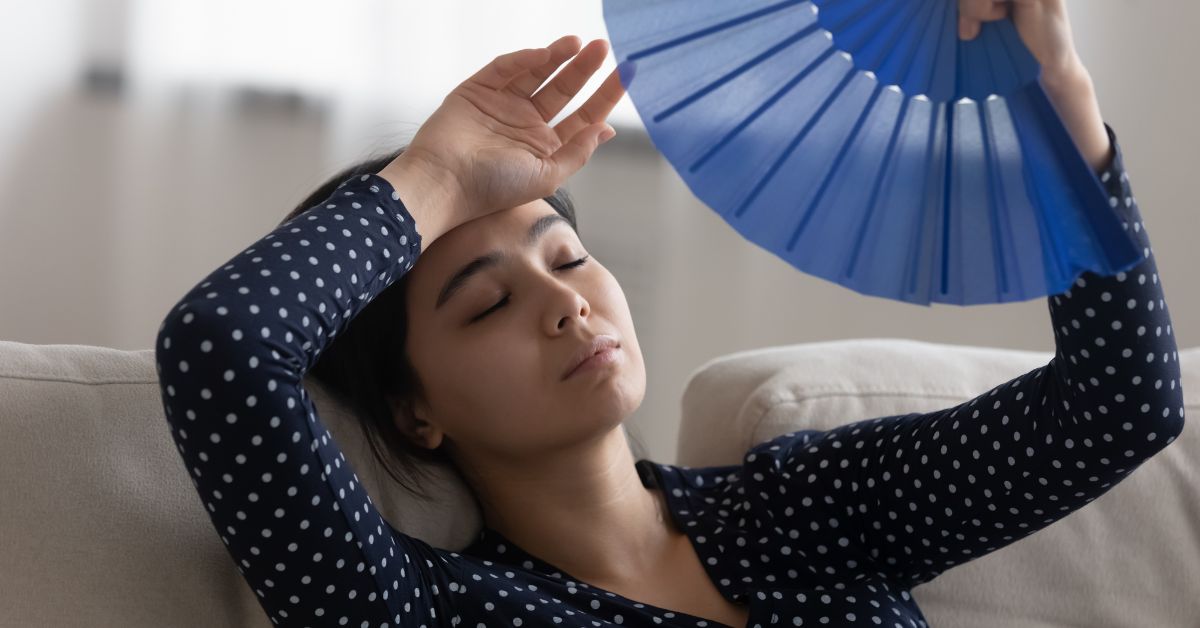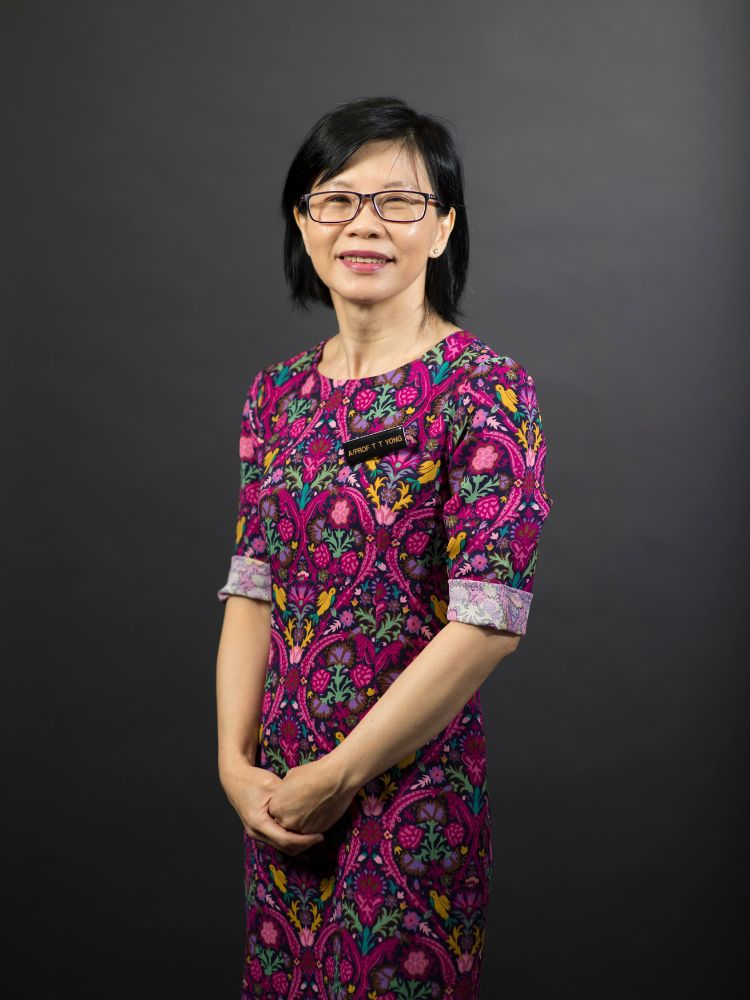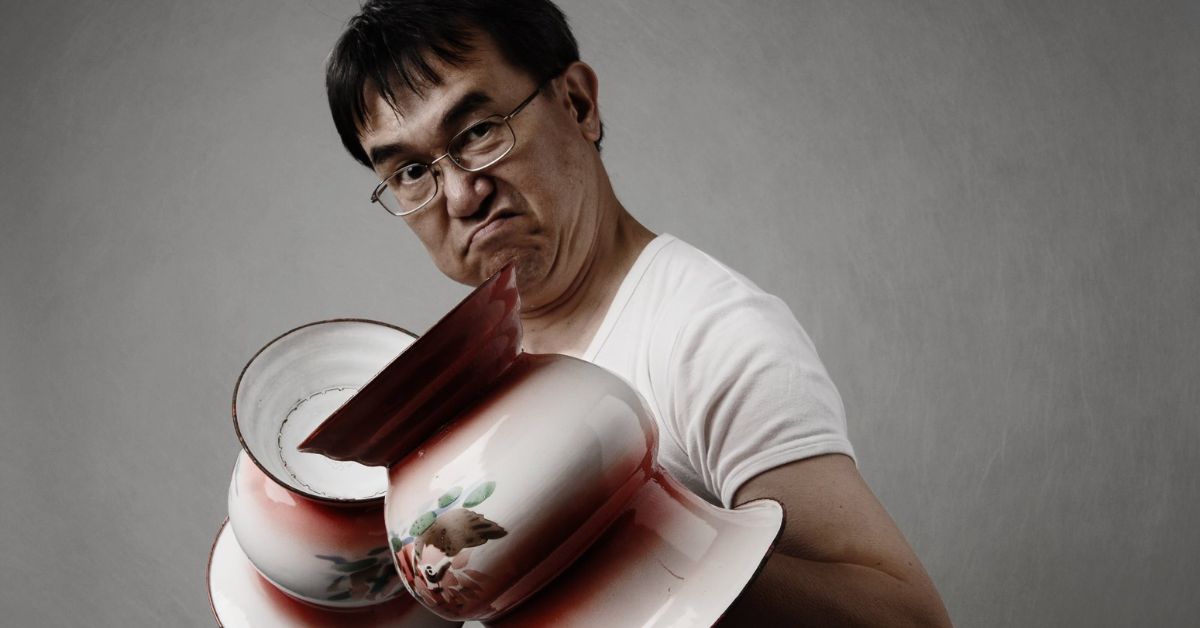
"Continue to raise awareness that it is a perfectly natural thing to go through menopause and never be shy to seek help. Being informed about what may happen during the perimenopausal (the period shortly before menopause) and menopausal transitions is a very good starting point when coping with menopause."
Do you need hormone therapy?

"From our observation of their sharing, they are gradually more willing to seek help, but there will always be some women who are still shy or will not seek help due to personal factors."

"Hence the use now of MHT is more balanced – used only when indicated for recently menopausal women, for the shortest time necessary."
"We also know which types of MHT are safer and they are tailored individually to the women. For example, systemic oestrogen given by gel or a patch, bypasses the liver metabolism and is associated with lower risk of gallbladder disease and blood clots."
Advances in menopause treatments
"We encourage all women who have experienced moderate to severe menopausal symptoms to seek a detailed consultation to assess their suitability for MHT."
Take charge of this transition
"An optimal management of menopause and transition will greatly contribute to healthier ageing and better quality of life."
KK Menopause Centre is a multi-specialty practice comprising gynaecology, family medicine, dermatology and mental health specialists. It aims to offer women easy access to effective and holistic treatment, the most up-to-date information as well as emotional and psycho-social support in the community. The hospital's health guide, Women In all Stages Empowered (WISE), also offers more information on menopause.






